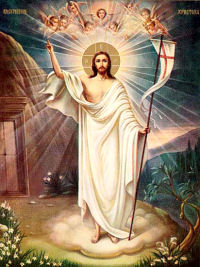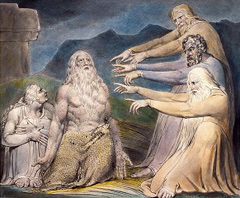 by Deacon Keith Fournier –
by Deacon Keith Fournier –
One of the most profound of biblical characters is the man named Job. The book which bears his name is rich with insights about real life. It is profound, disturbing, and yet incredibly helpful precisely because it reveals something of importance. Things aren’t always the way they seem – or feel.
Yet, – in the words of the Psalmist David – God “never sleeps not slumbers”. (Psalm 121:4)
This is a troubling and difficult time for many people. Over and over again, I hear the sad stories of financial setback as the U.S. economy struggles. People are watching their retirement funds, their homes and their savings, seem to vanish. When we look around us it seems our culture is in collapse as it rejects the moral foundations of a free society. [Read more…]

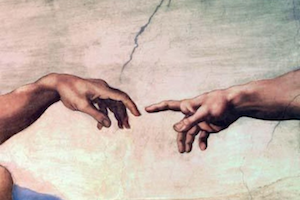 by Art Lindsley –
by Art Lindsley –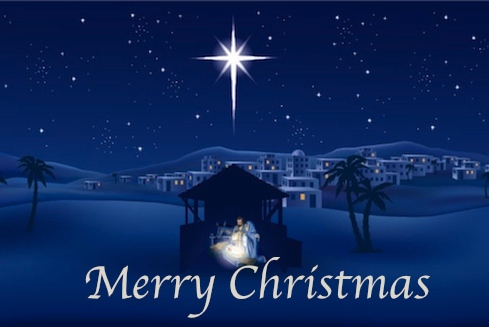 by William J. Tighe –
by William J. Tighe –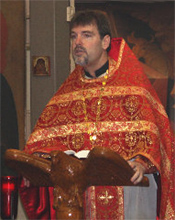
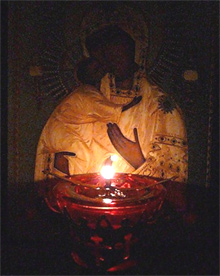 by Protodeacon Leonid Mickle –
by Protodeacon Leonid Mickle –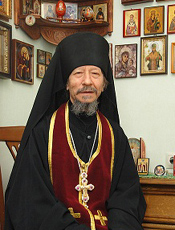
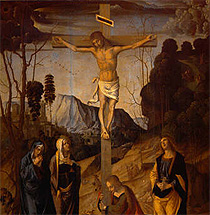 by Jennifer Viegas –
by Jennifer Viegas –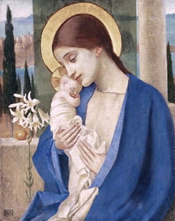 by Randy Sly –
by Randy Sly –